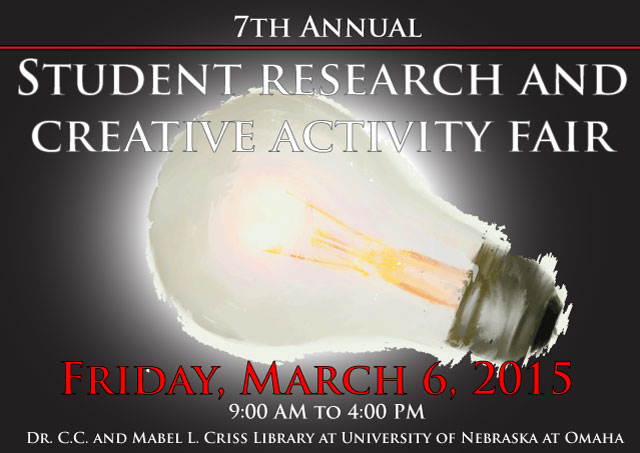
Feasibility of Uploading Consciousness
Advisor Information
Jenna Yentes
Location
Dr. C.C. and Mabel L. Criss Library
Presentation Type
Poster
Start Date
6-3-2015 9:00 AM
End Date
6-3-2015 10:30 AM
Abstract
Is it feasible to upload one’s consciousness to a computer? If so, what advances in technology will be required to accomplish this feat? Would it be ethical to do if it was possible? From the research I have done, I do believe it is feasible. The brain is incredibly complex but the amount that it has been researched, modeled and simulated has increased exponentially in recent years. To create a copy of a human brain in an artificial substrate will require large amounts of storage, faster processing speed, increased resolution in scanning technologies and the ability to replicate the mysterious subjectivity of consciousness. By analyzing Moore’s law as it applies to computer processors, the price of hard drive space and the spatial and temporal resolution of scanning devices, it appears these requirements may be met before the century is half over. Additionally, recent discoveries regarding the nature of consciousness may allow for the “hard problem” to be solved by incorporating the profound implications of quantum mechanics.
Feasibility of Uploading Consciousness
Dr. C.C. and Mabel L. Criss Library
Is it feasible to upload one’s consciousness to a computer? If so, what advances in technology will be required to accomplish this feat? Would it be ethical to do if it was possible? From the research I have done, I do believe it is feasible. The brain is incredibly complex but the amount that it has been researched, modeled and simulated has increased exponentially in recent years. To create a copy of a human brain in an artificial substrate will require large amounts of storage, faster processing speed, increased resolution in scanning technologies and the ability to replicate the mysterious subjectivity of consciousness. By analyzing Moore’s law as it applies to computer processors, the price of hard drive space and the spatial and temporal resolution of scanning devices, it appears these requirements may be met before the century is half over. Additionally, recent discoveries regarding the nature of consciousness may allow for the “hard problem” to be solved by incorporating the profound implications of quantum mechanics.
